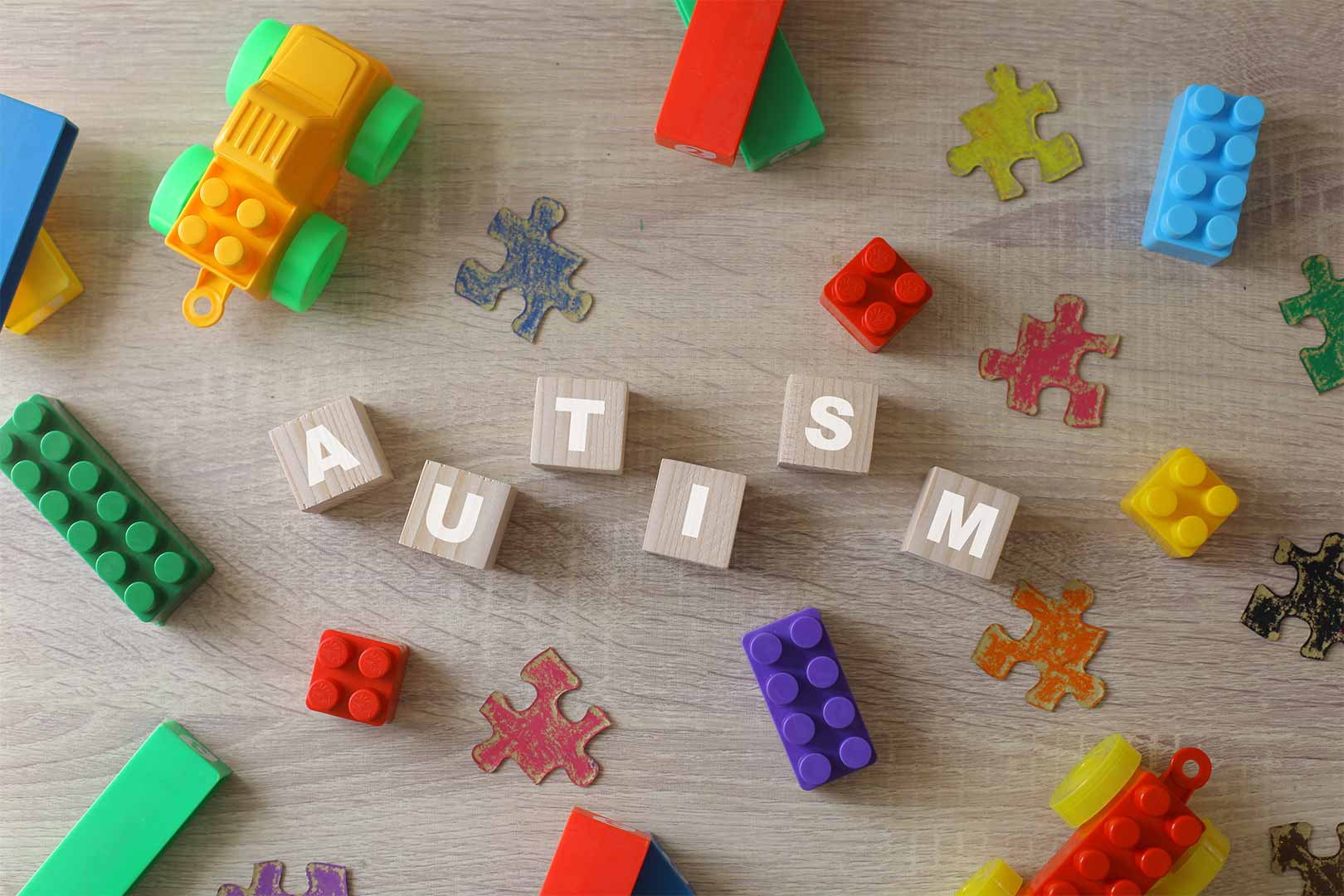In the Diagnostic and Statistical Manual of Mental Disorders, Fifth Edition (DSM-5), ASD is classified into three levels of severity:
- Level 1: Requires Support
- Level 2: Requires Substantial Support
- Level 3: Requires Very Substantial Support
Level 1 Autism
People with level 1 autism have some difficulty with social interaction and communication, but they are able to function independently in most areas of their lives. They may have difficulty understanding social cues, making friends, and participating in group activities. They may also have difficulty with verbal communication, such as using language in a flexible way or understanding the nuances of language. However, they are able to communicate their needs and wants, and they can usually participate in conversation.
Level 2 Autism
People with level 2 autism have more significant difficulty with social interaction and communication. They may need more support in their daily lives, such as help with activities of daily living, managing their emotions, and making decisions. They may also have difficulty understanding and responding to social cues, and they may have limited verbal communication skills. However, they are able to learn and grow, and they can make progress with the right supports in place.
Level 3 Autism
People with level 3 autism have the most significant difficulty with social interaction and communication. They may need very substantial support in their daily lives, and they may not be able to live independently. They may have difficulty understanding and responding to social cues, and they may have very limited verbal communication skills. However, they can still learn and grow, and they can experience joy and satisfaction in their lives.
The levels of autism are a way to describe the severity of the disorder. The level of support that a person needs will vary depending on their individual needs and abilities. It is important to remember that autism is a spectrum, and there is no one-size-fits-all approach to treatment. With the right supports, people with autism can live happy and fulfilling lives.
- The DSM-5 is the most recent edition of the Diagnostic and Statistical Manual of Mental Disorders, which is the standard reference used by mental health professionals to diagnose mental disorders.
- The levels of autism are not set in stone, and a person’s level of functioning can change over time.
- There are many different types of supports available for people with autism, including educational services, therapy, and assistive technology.
- If you are concerned that your child may have autism, it is important to talk to your doctor. Early diagnosis and intervention can make a big difference in the life of a child with autism.
Find out if your child needs extra support today!
- My child screams hysterically
- My child is mean to other children
- My child is always worried
- My child is scared to go to school
- My child is scared of loud noises
- My child doesn’t know how to read
- My child is scared to play outside
- My child does not respond to his name
- My child always gets in trouble
- My child fights with other children
- My child doesn’t know how to count
If you are concerned about your child’s development, contact us for Assessments: Phone/Telegram: 077.455.993 – Telegram Link: https://t.me/OrbRom
If you are concerned about your child’s development, contact us for Assessments.
Phone/Telegram: 077.455.993 Link: https://t.me/OrbRom






Leave A Comment